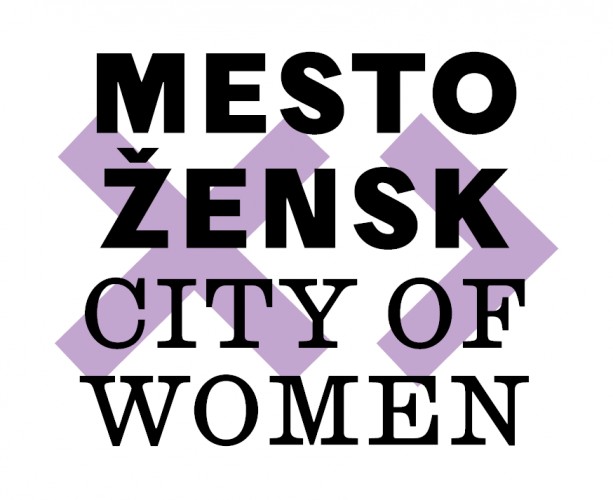They say the Slovene national identity developed through the Slovene language and its literature. No surprise, then, that, over the long years of Slovene literary history, women have almost never been admitted to the Slovene Parnassus. Leadership and decision-making in such serious areas as statehood, national identity, authority and power are certainly not things that should be left in women's hands: the romantic myth of the poet as prophet and national leader offers woman only the beautiful and supportive roles of muse and admirer.
But things have been changing in recent times: women, it seems, have something to say and they want to say it out loud. Thus, they are often more subversive, braver, more honest and more ironic-and possess a greater sensibility for this kind of subtle violence (hidden under the cloak of decency and decorum)-than their male counterparts. But come and see for yourself that there is no such thing as "women's literature", nor is there only one sort of "women's language" or "women's writing"; on the contrary, there are exactly as many "women's voices" as there are women writers.
Barbara Korun


